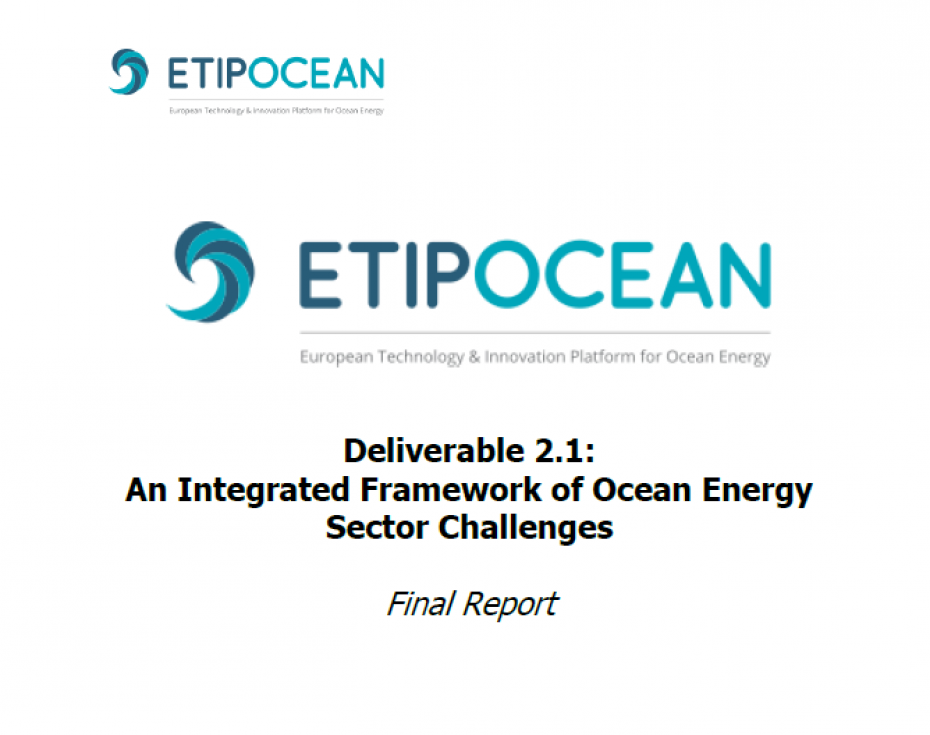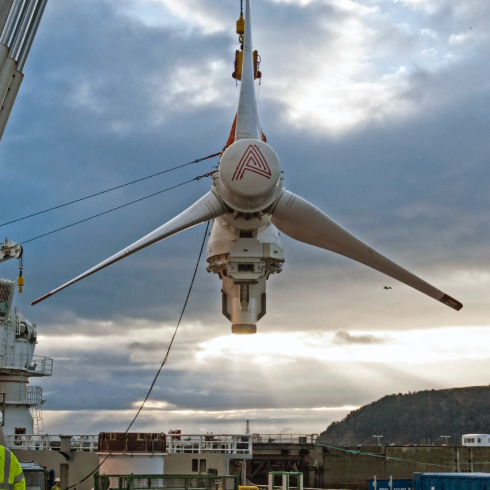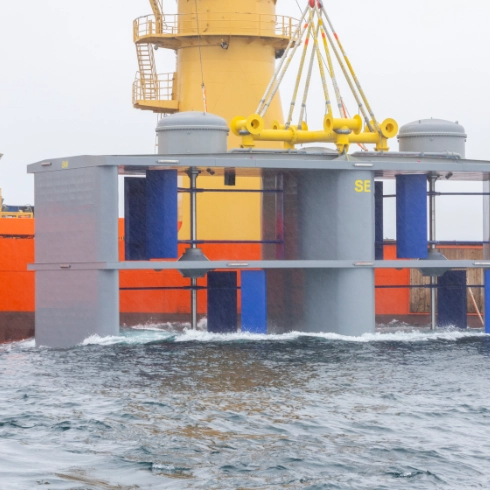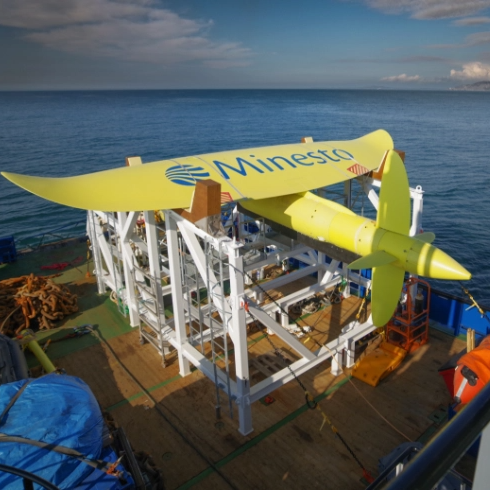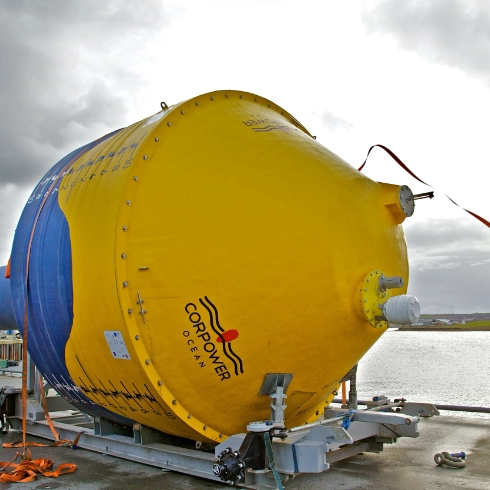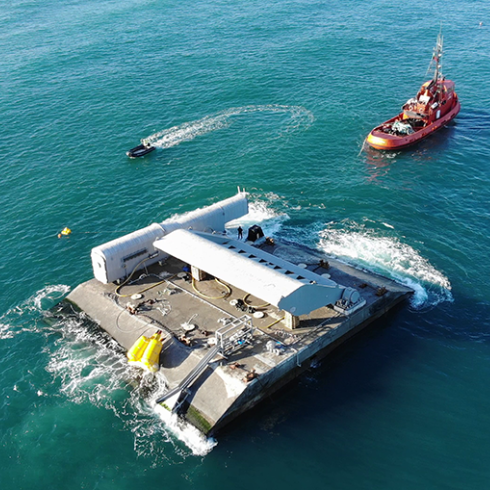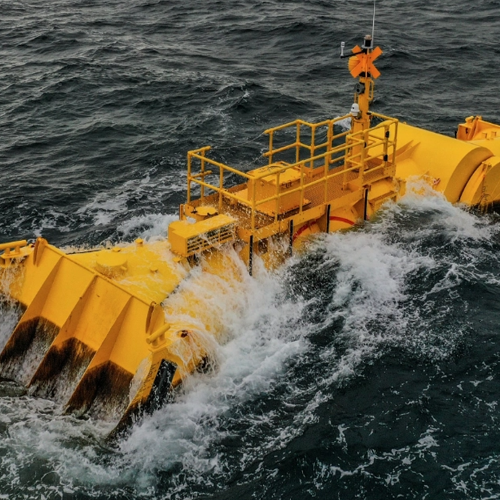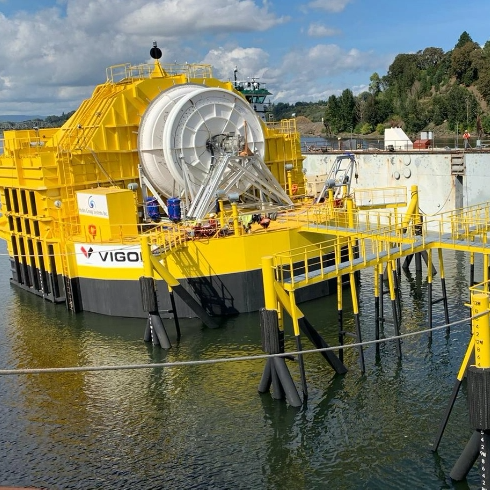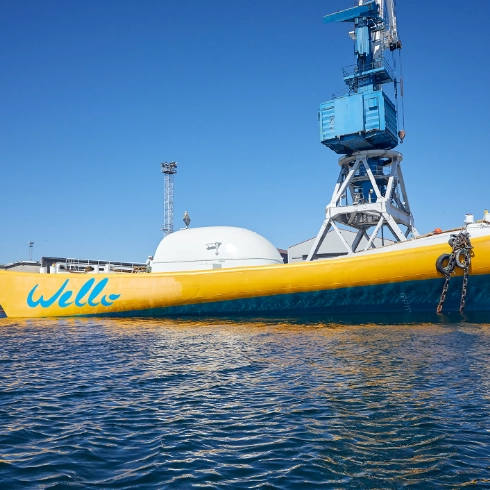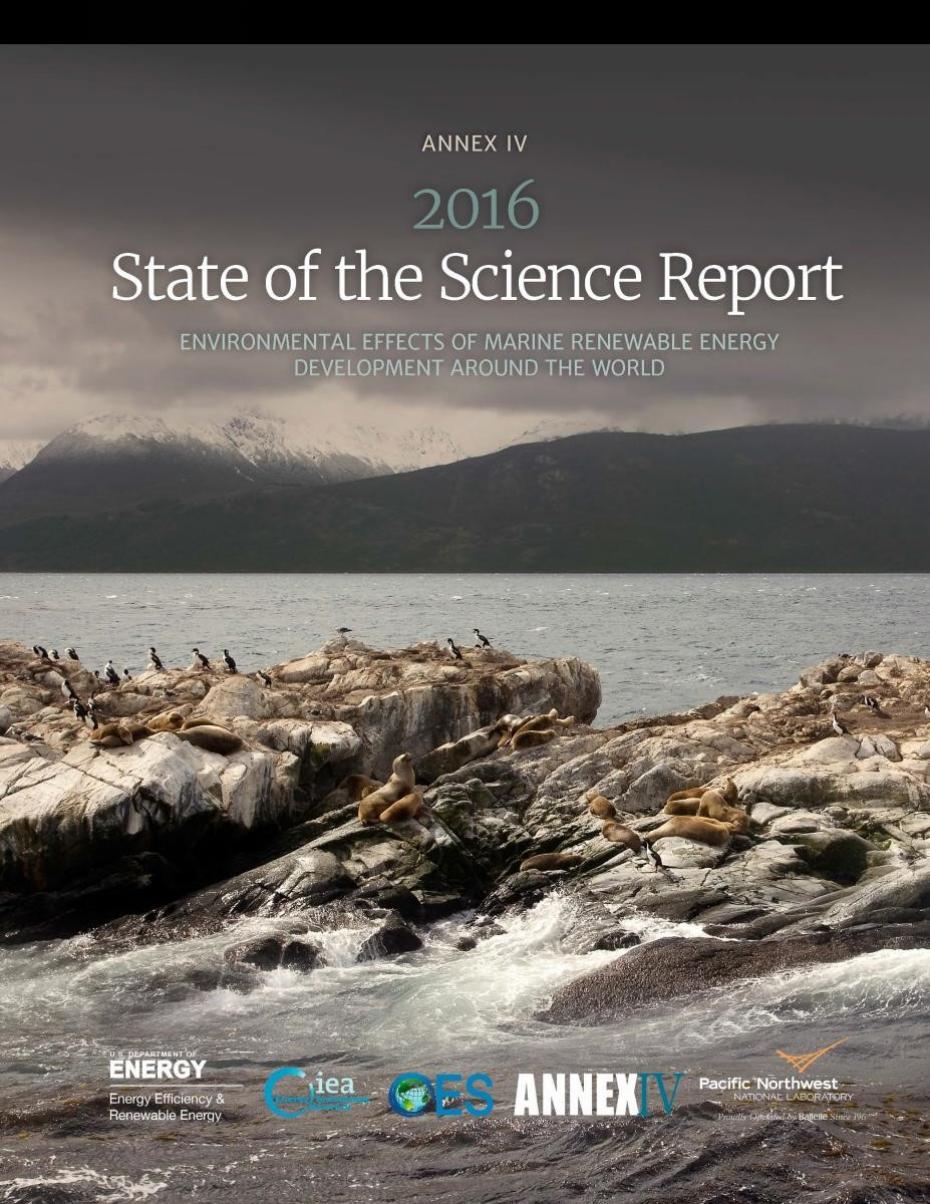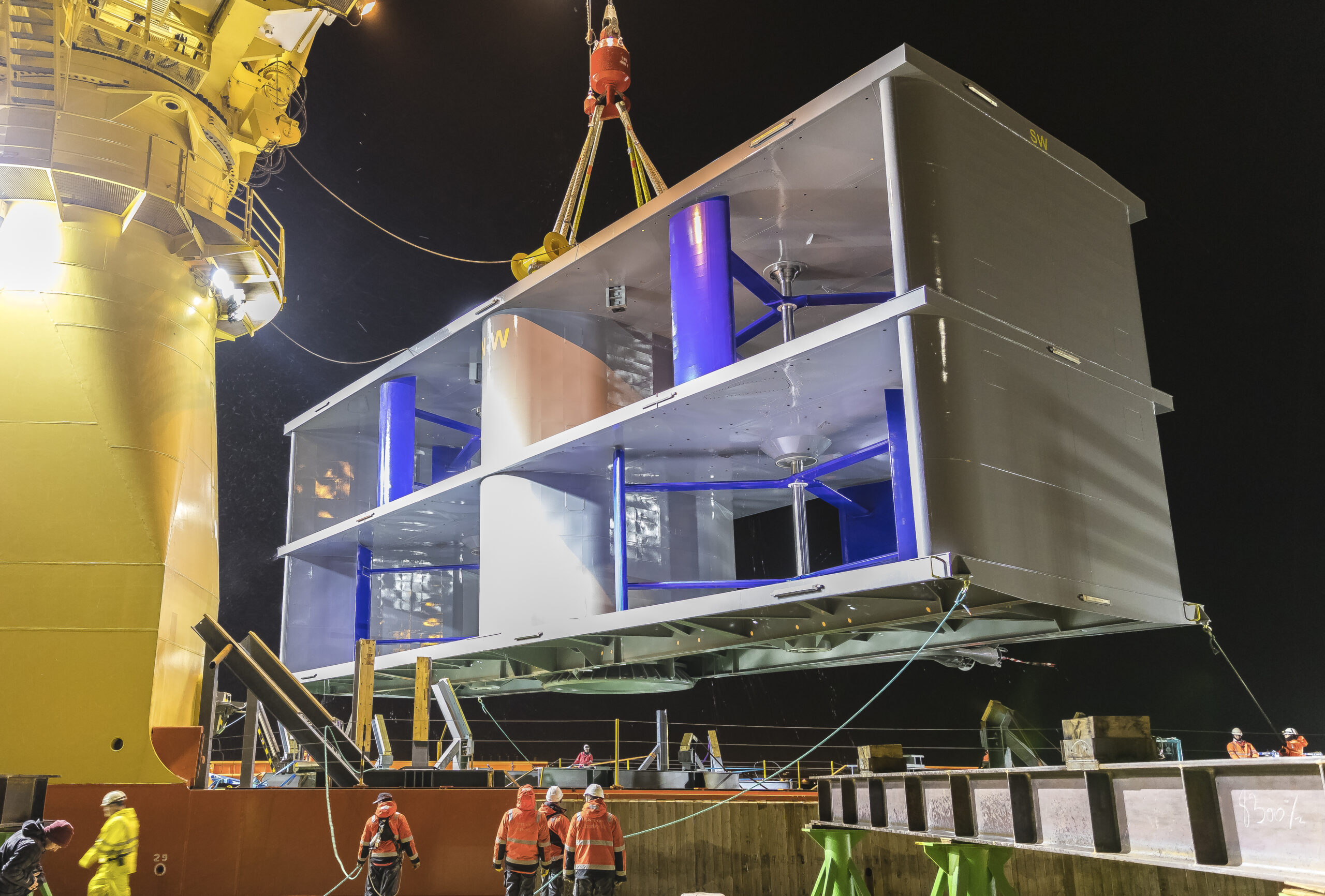
Ocean energy and the environment: Research and strategic actions
Deploying ocean energy at scale requires simpler, faster consenting processes that are informed by the latest environmental research, according to a new ETIP Ocean report ‘Ocean energy and the environment: Research and strategic actions’. To date, there is no evidence that ocean energy has a negative impact on the marine environment – in fact, its role in mitigating climate change is clearly a positive one. Regulatory decision-making should be designed with this in mind, and provide an easier path into the water for these innovative technologies.
The report aims to make the decision-making process more efficient and better informed. It calls for more real-world, long-term data and greater knowledge-sharing across projects, to strengthen the science behind consenting decisions.
The report advocates an ‘Adaptive Management’ approach that responds to new information over time, reducing uncertainty when it comes to environmental impact.
Equipping developers with the right information is also key. Another of the report’s recommendations is a ‘single authority’ – a national contact point, who supports developers in navigating the requirements. Companies could also learn from each another’s consenting experiences via a peer-to-peer platform, suggests the report.
Financial support to help developers take part in environmental programmes above and beyond the legal minimum is another vital aspect of improving the quality and quantity of data available. Many are SMEs and their resources are heavily invested in technology development, leaving little or nothing for additional monitoring programmes.
This is an extract, full report available as PDF download
Download full report
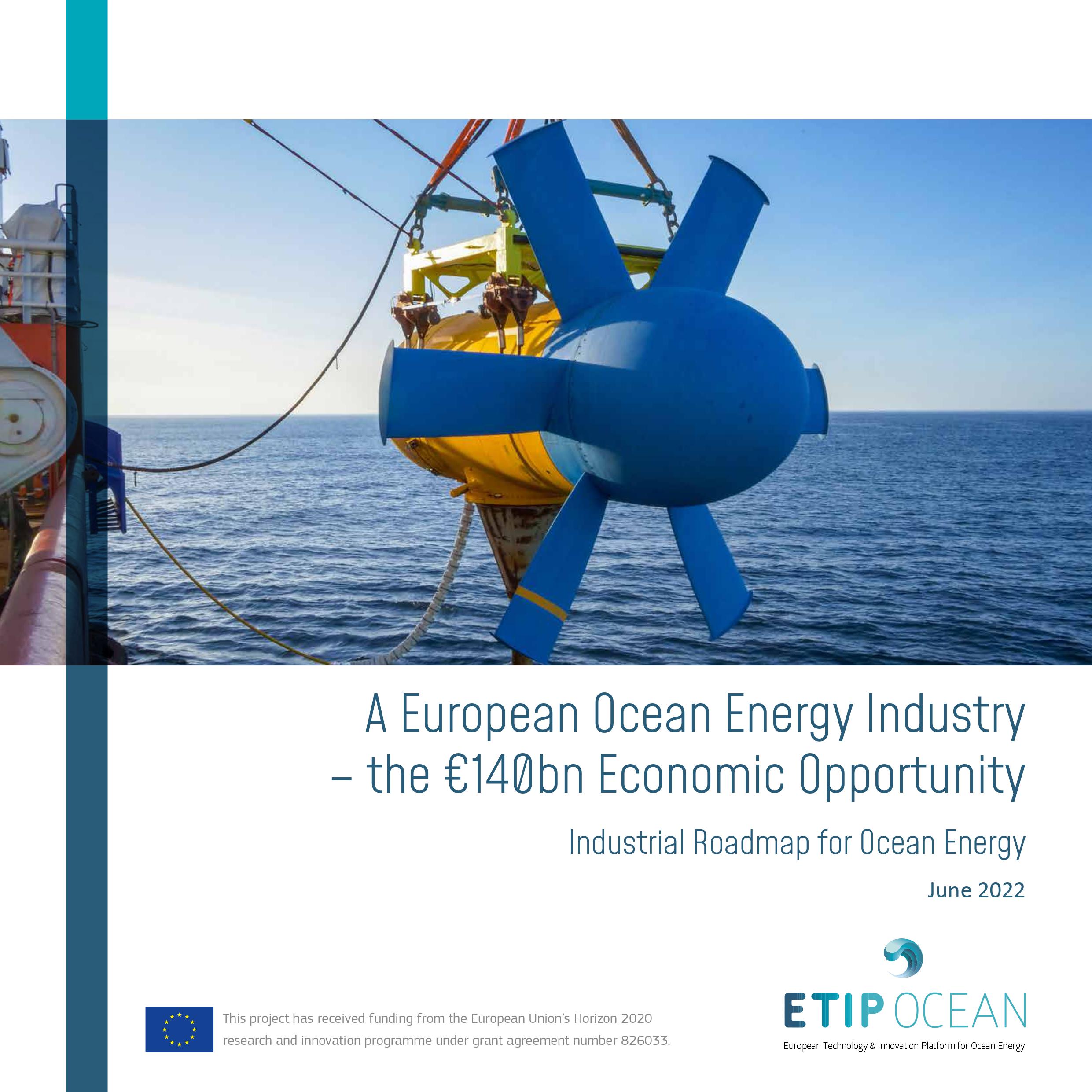
Industrial Roadmap for Ocean Energy 01 Jul 2022

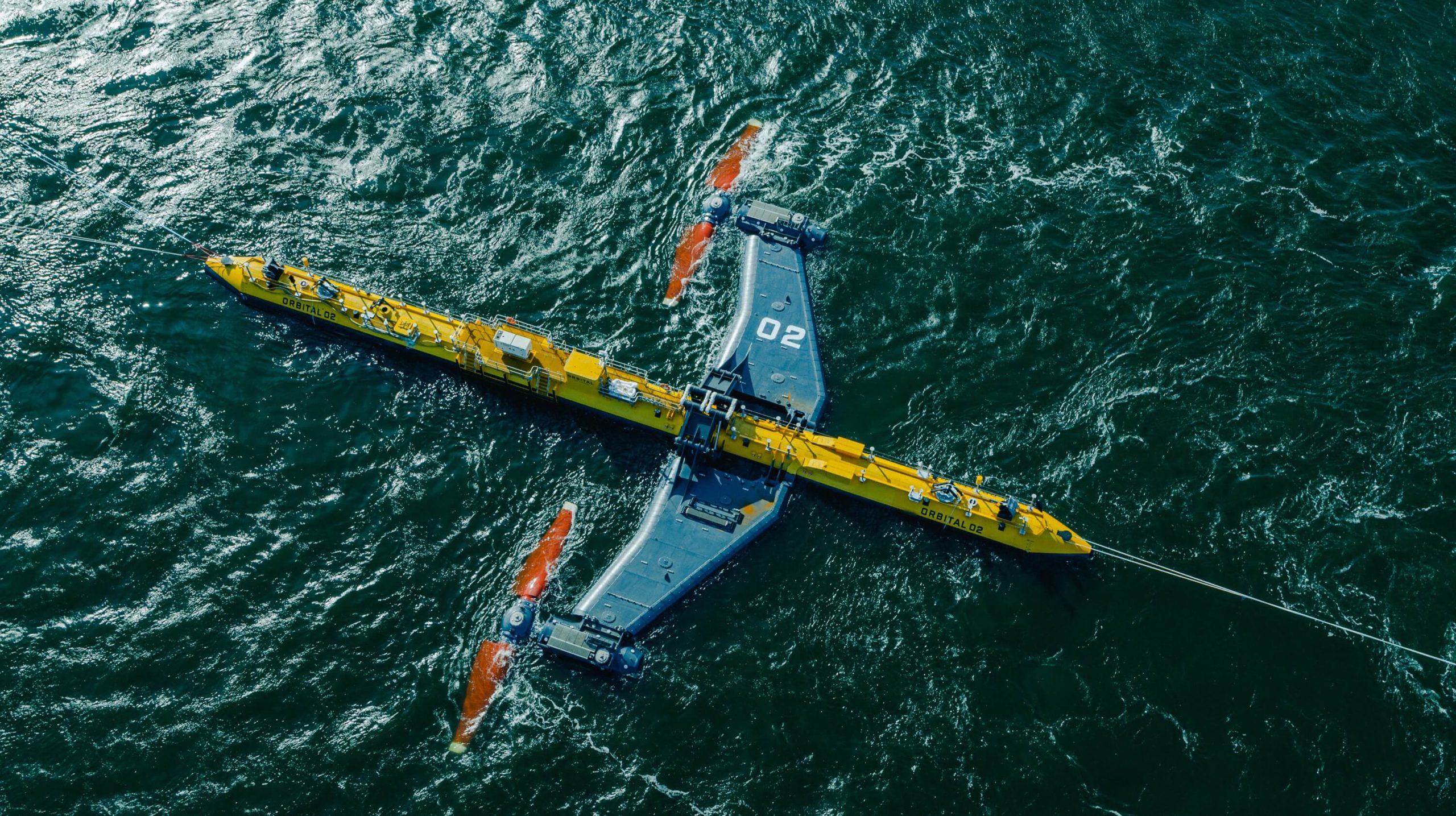
ETIP Ocean engagement with the SET Plan actions 01 Jan 2022
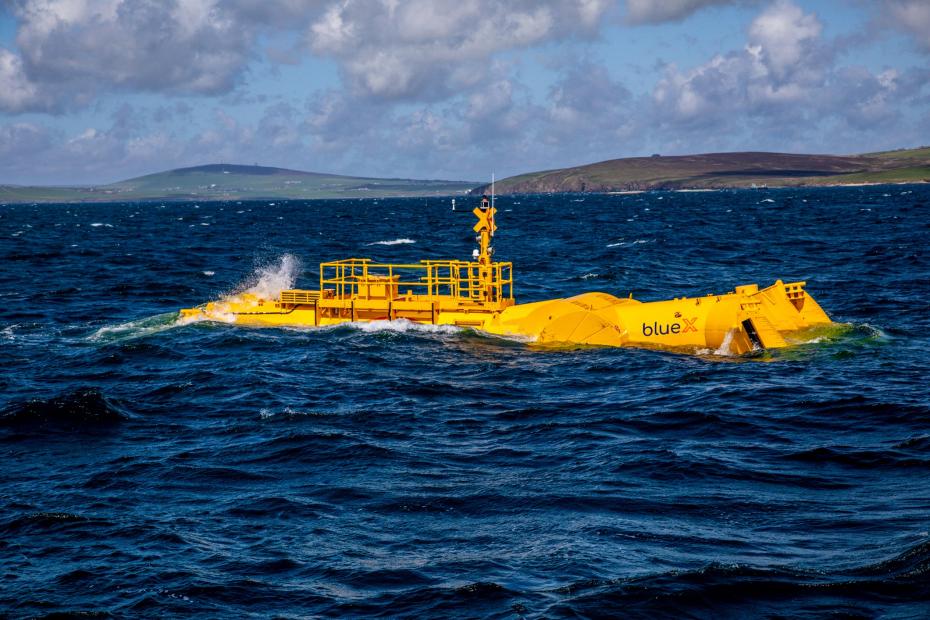
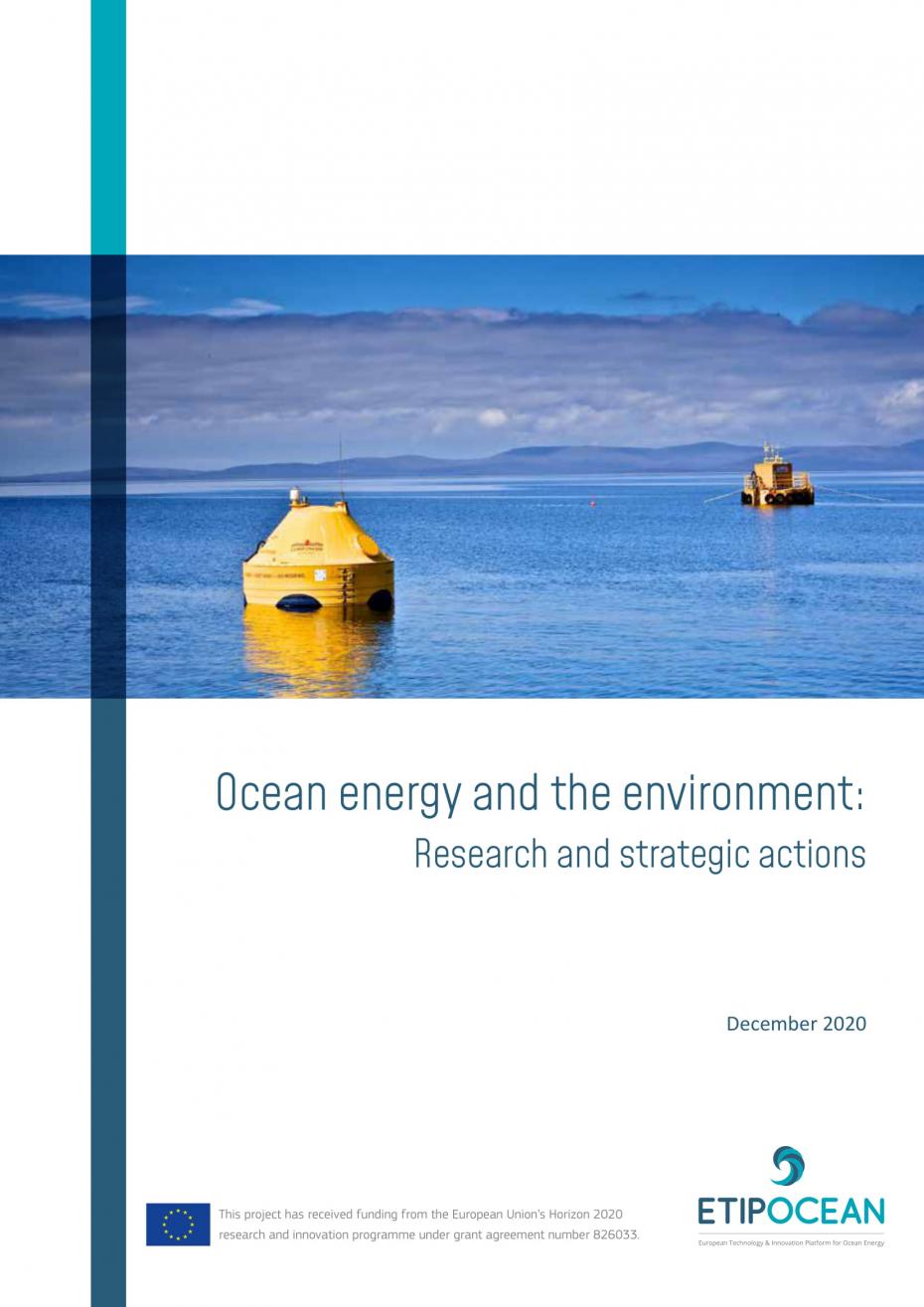
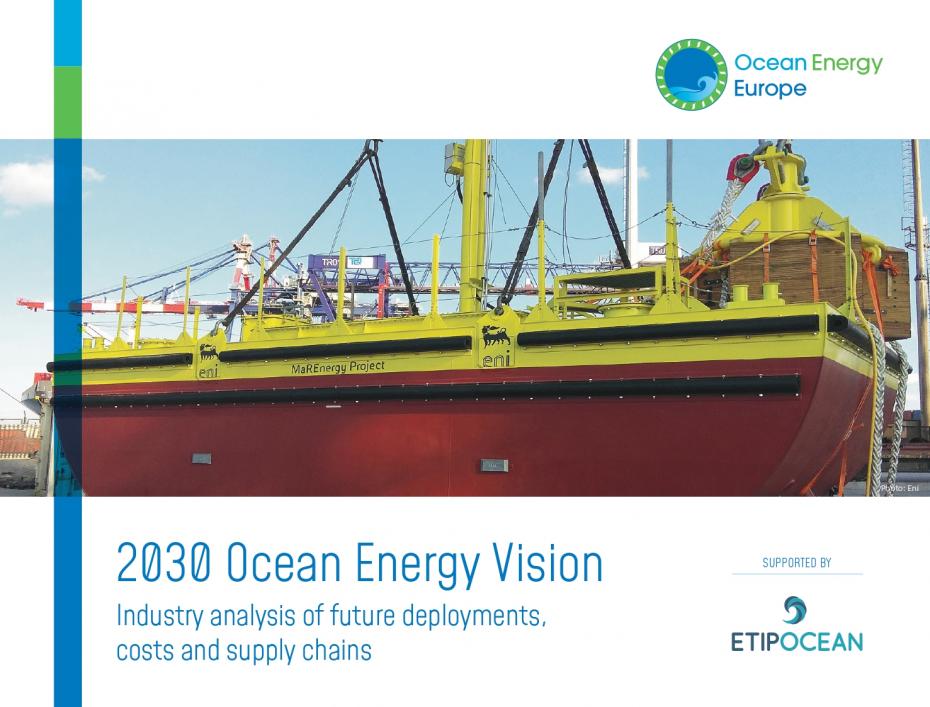
2030 Ocean Energy Vision 13 Oct 2020
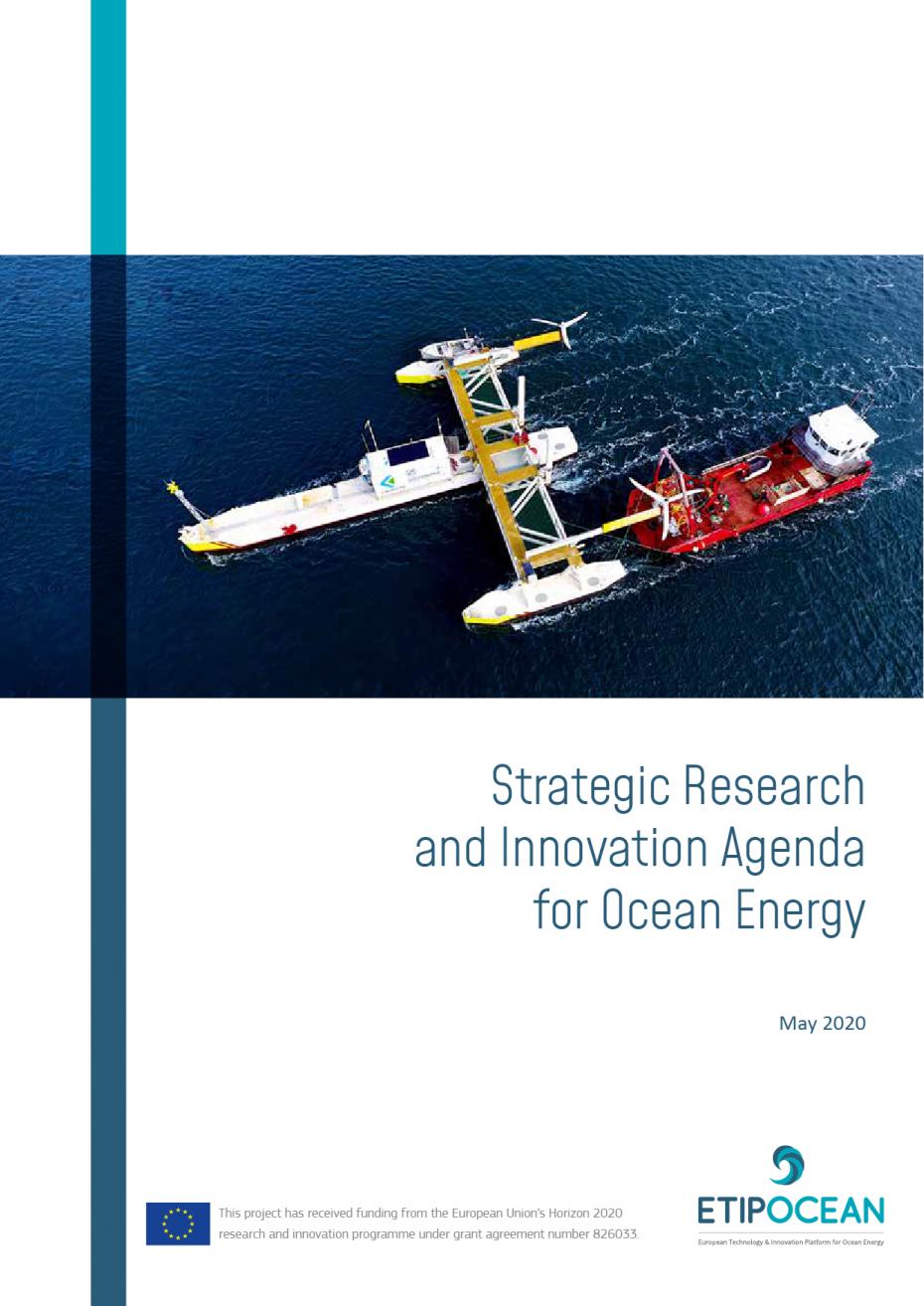
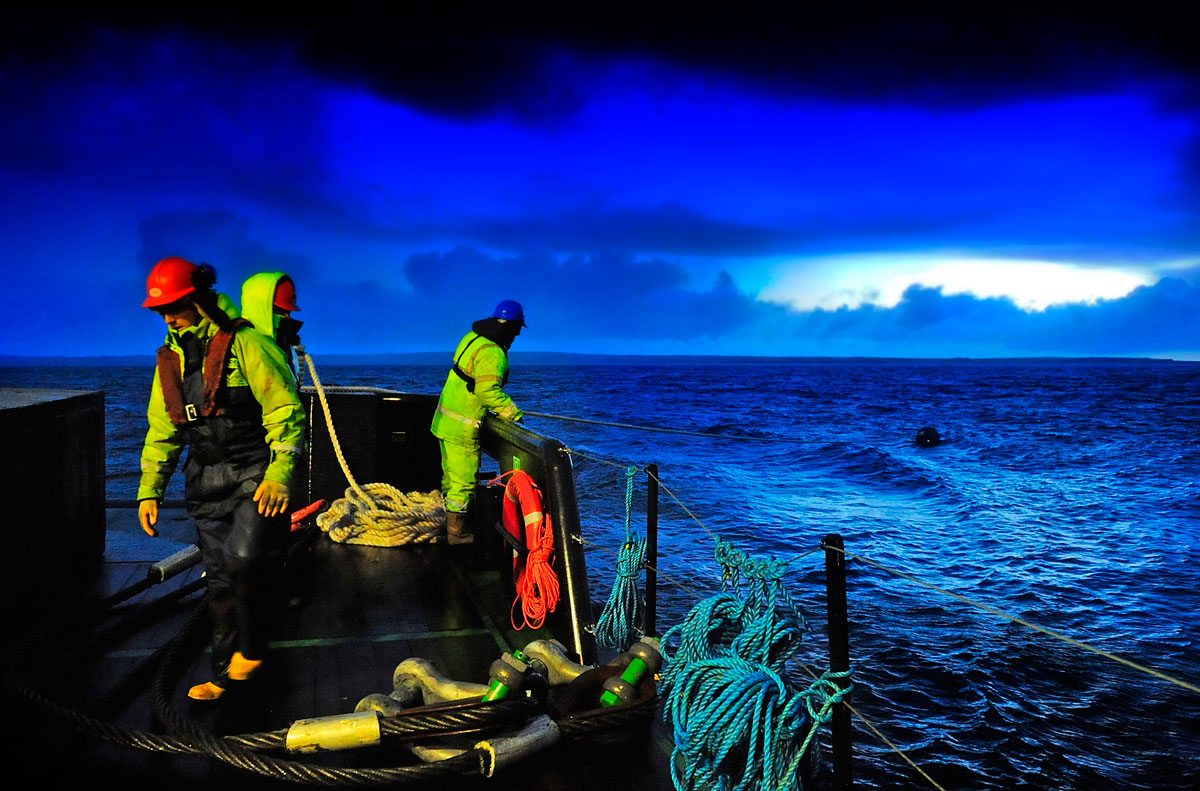

New ETIP Ocean report: EU and national policies play a key role in ocean energy development 19 Dec 2019

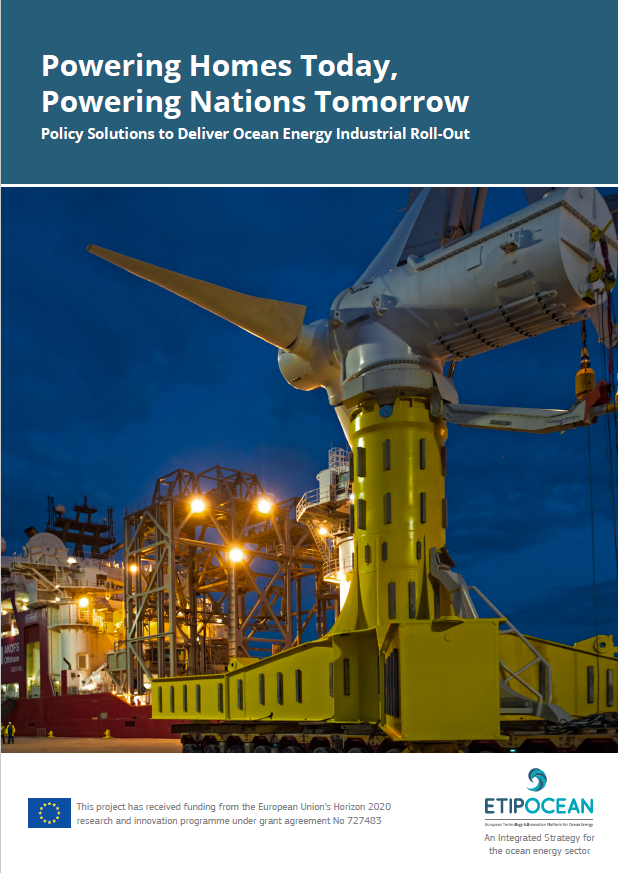
Powering Homes Today, Powering Nations Tomorrow 10 Apr 2019
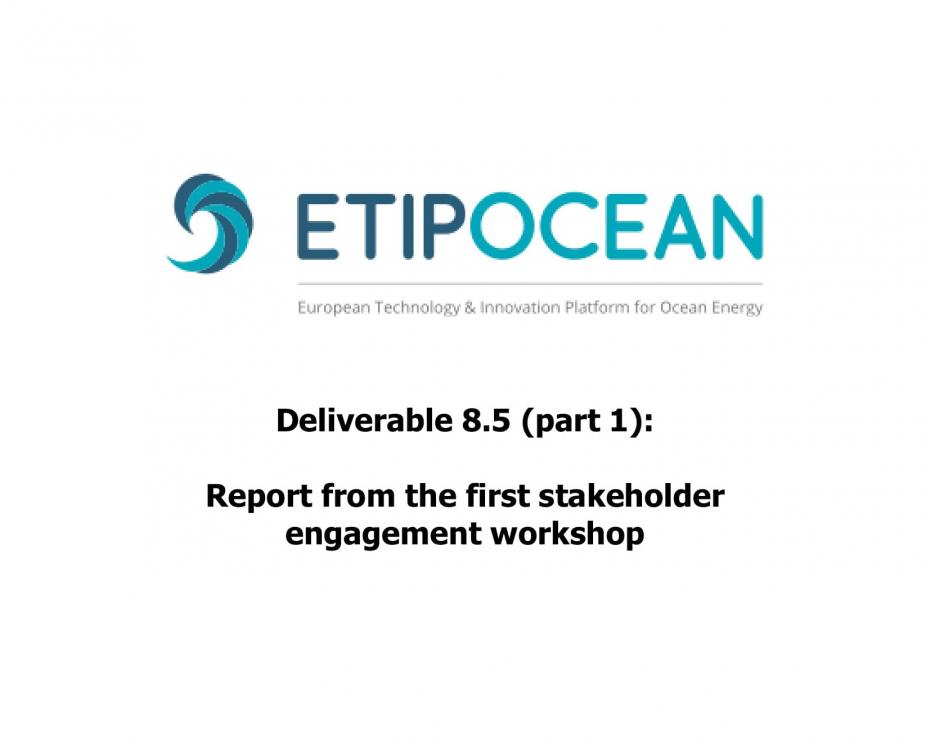
Report from the first workshop 30 Nov 2018
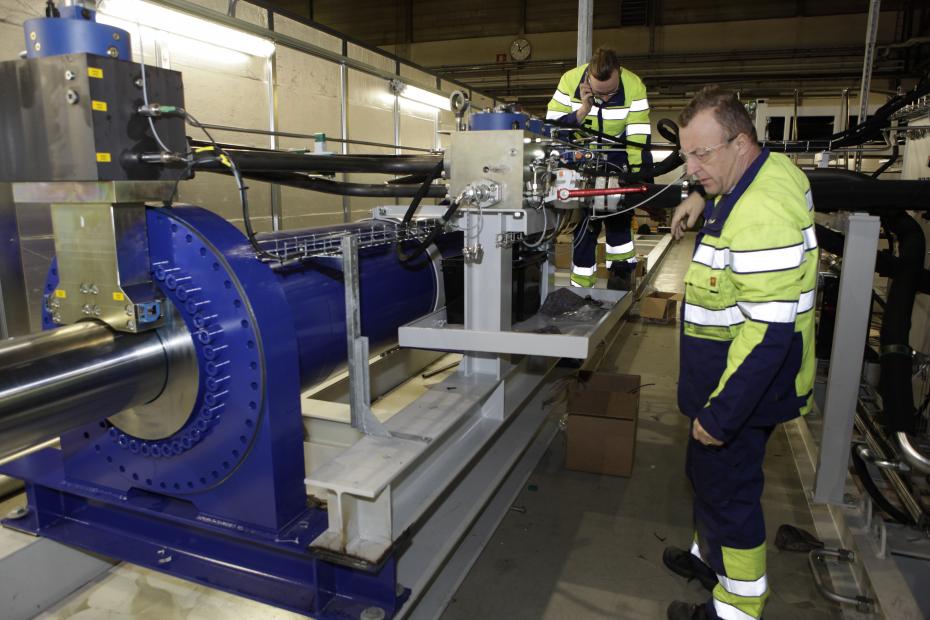
EU-funded ocean energy projects: complete description and links to H2020 and FP7 projects 28 Mar 2017
